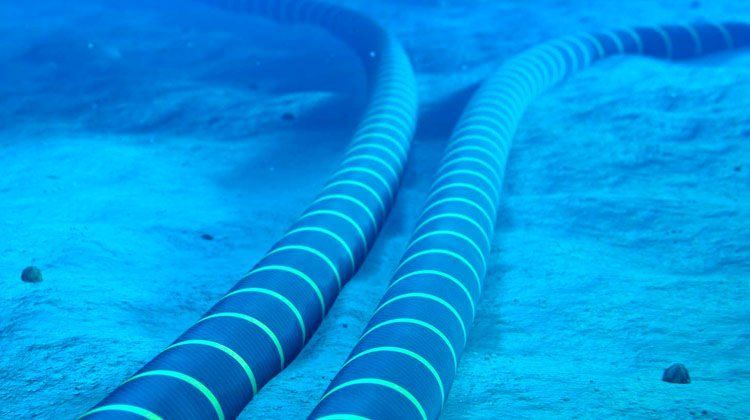International feasibility study validates Azerbaijan's Black Sea Green Energy Cable Project

An international feasibility study has affirmed the economic and technical viability of the Black Sea green energy cable project, led by Azerbaijan, Azernews reports, citing Georgia’s Ministry of Economy and Sustainable Development.
Conducted by the Italian consulting firm CESI at the request of the Georgian State Electrosystem JCS and supported by the World Bank and Georgia’s Ministry of Economy and Sustainable Development, the study began in 2022.
The ministry's statement emphasized that the study confirms the Black Sea underwater cable project as both promising and feasible from technical and economic perspectives.
The detailed analysis determined the optimal specifications for the electric cable, estimated construction costs, and evaluated the project's economic potential. It also outlined the preliminary route for both land and sea segments of the cable, developed an implementation plan, and formulated a procurement strategy.
Additionally, the study described the necessary work for conducting geotechnical, geophysical, ecological, and archaeological assessments of the seabed, along with a technical task related to the tender.
Environmental and social impact assessments, as well as an evaluation of the project's effect on the seabed, are scheduled for 2025-2026.
In May 2024, a memorandum was signed between Transelectrica and partner operators from participating countries—AzerEnerji (Azerbaijan), Georgian State Electrosystem (Georgia), and MVM (Hungary)—to establish a project company. The joint venture, which will be headquartered in Bucharest, Romania, has yet to be named.
The cable aims to transport green electricity generated in Azerbaijan through Georgia and the Black Sea to Romania, with further distribution to Hungary and the rest of Europe. The project is expected to be completed within 3-4 years.
The European Commission is set to contribute €2.3 billion to support this ambitious initiative.
---
Follow us on Twitter @AzerNewsAz
Here we are to serve you with news right now. It does not cost much, but worth your attention.
Choose to support open, independent, quality journalism and subscribe on a monthly basis.
By subscribing to our online newspaper, you can have full digital access to all news, analysis, and much more.
You can also follow AzerNEWS on Twitter @AzerNewsAz or Facebook @AzerNewsNewspaper
Thank you!

